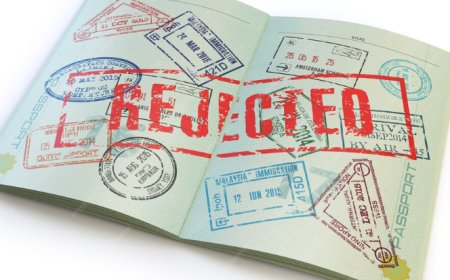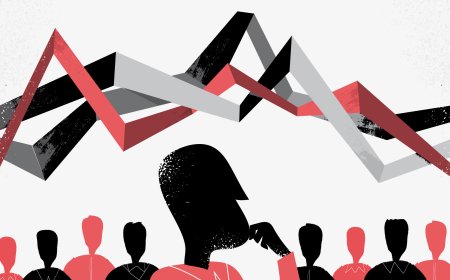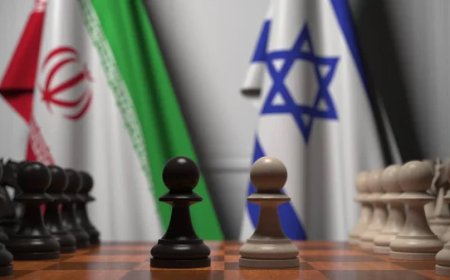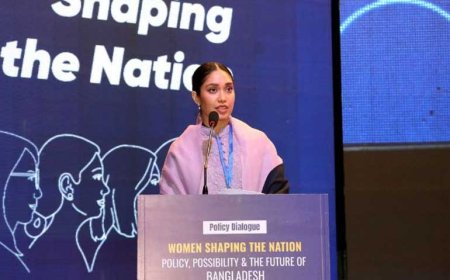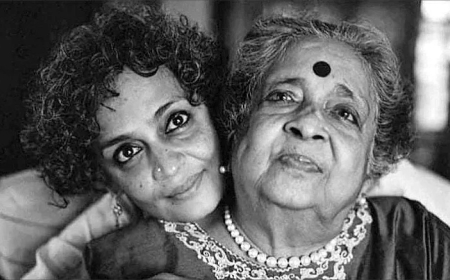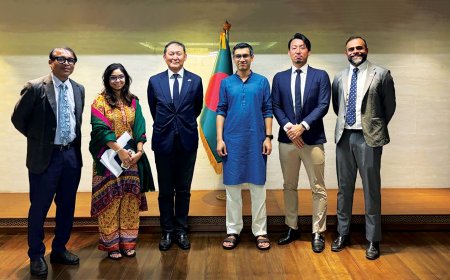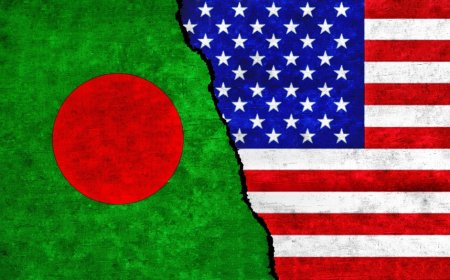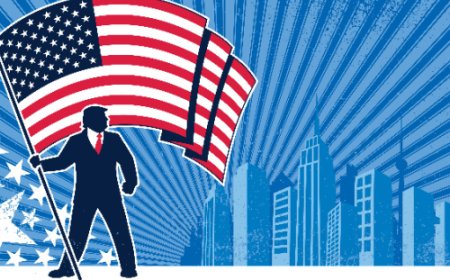A Defining Moment for Bangladesh–US Trade: From Tariff Turbulence to Strategic Triumph
The tariff deal is a diplomatic win that signals a larger Indo-Pacific power shift, avoids economic fallout, and proves that while Trump’s tariffs worked, so did Dhaka’s relentless resolve to secure a better deal
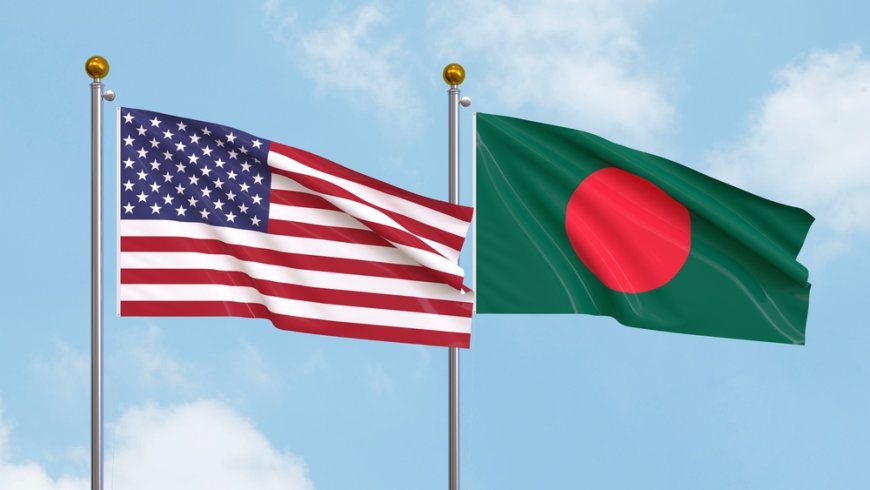
In a rare diplomatic breakthrough, the White House has announced a substantial reduction in tariffs on Bangladeshi goods -- from a steep 35% down to 20%. This move marks not only a milestone in trade diplomacy but a defining moment for Bangladesh on the world stage. It is a victory for pragmatism over polarization, negotiation over stagnation, and vision over vulnerability.
The landmark agreement, forged through relentless behind-the-scenes negotiations by Bangladesh's tariff team, reflects considerable strategic acumen and a clear commitment to mutual economic growth. With US-Bangladesh relations at a critical juncture, this 15-point tariff reduction is more than just a trade number -- it’s a geo-political statement.
A Landmark Negotiation with More Room to Grow
Negotiators worked with quiet intensity for months, navigating thorny issues spanning tariffs, non-tariff barriers, and even national security considerations. The outcome -- 0% reciprocal tariffs -- was 17 points lower than initially feared and signals a pivotal recalibration in bilateral trade policy.
This agreement isn’t just about preserving Bangladesh’s comparative advantage; it opens the U.S. market wider to Bangladeshi goods while simultaneously providing American exporters—especially in agriculture and aviation -- new opportunities in Bangladesh. For the Trump administration, this aligns with its "America First" trade policy. For Bangladesh, it is a step closer to economic sovereignty.
I congratulate the negotiators and acknowledge both the White House Trade Office and the Trump administration for facilitating this agreement. The Memorandum of Understanding (MOU) accompanying the deal includes substantial Bangladeshi commitments -- such as the duty-free import of American wheat, medical equipment, and aviation technology -- making this deal a two-way street.
A Win for Realpolitik -- and for the People
This result validates the strategic patience and diplomacy exercised since the imposition of the initial 35% tariff -- a move that startled many in Dhaka. But rather than capitulate or grandstand, Bangladesh took the road less traveled: engagement over estrangement.
This deal also reflects Bangladesh’s readiness to embrace a stronger, more reciprocal economic relationship. At the upcoming UN General Assembly this fall, I hope to see President Trump and Dr. Muhammad Yunus -- Bangladesh’s Nobel laureate and current head of state -- shake hands and signal a new era of deeper cooperation. Let this not be the final destination, but a starting point for even more equitable terms.
Strategic Alignment Beyond Trade: Security and Sovereignty
But trade is only one side of the coin. Washington’s concerns about rising extremism and political volatility in Bangladesh are real. The growing influence of Islamist ideology and erosion of secular governance threaten to destabilize both domestic politics and regional security.
If Dhaka is serious about long-term engagement with Washington, it must prioritize democratic values and counterterrorism cooperation. These are not just American expectations -- they are essential for Bangladesh’s future stability and global credibility.
At the same time, Dhaka must recalibrate its growing tilt toward Beijing. China’s deepening investments in Bangladesh, while tempting, come at a geopolitical cost. To balance this, Bangladesh could consider bold gestures -- like inviting the US for joint military exercises or expanding defense and technology cooperation. Such moves would reinforce its position as a sovereign actor -- not a pawn in great-power rivalry.
The Clock Is Ticking -- but the Door Remains Open
The clock officially startsAugust 1 on the newly negotiated 20% tariff rate. But time is still of the essence. This is a crucial opening, not a conclusion. More can and should be done. Bangladesh’s garment sector -- the lifeblood of its export economy -- remains vulnerable, even at 20%. Competing nations like Vietnam already enjoy similar or lower tariffs. More negotiation is not only possible but necessary.
With Dr. Yunus at the helm -- a global icon of economic justice -- Bangladesh has a rare opportunity to lead by example. Trade, after all, is no longer just about goods. It is about trust, shared values, and strategic alignment.
A Defining Moment -- and the Next Move Belongs to Dhaka
This tariff deal signals that Bangladesh is not just reacting to global change -- it is shaping it. But the real test lies ahead. Will Bangladesh capitalize on this breakthrough to drive deeper reforms? Will it resist authoritarian temptation and radicalization at home? And will it boldly chart a balanced foreign policy that resists overdependence on any one power?
For now, both nations deserve credit. The US made a decisive move. Bangladesh answered with resolve. The world took notice.
Now, with 20% tariffs in place and the gears of economic cooperation turning again, all eyes are on Dhaka. The next handshake, the next negotiation, and the next bold step must come from there.
Zahid F. Sarder Saddi is a former foreign advisor to Prime Minister Khaleda Zia and an exiled Bangladeshi politician. A US-Bangladesh relations expert, he advocates for democracy, human rights, and religious freedom, with over 20 years of global engagement.
What's Your Reaction?














